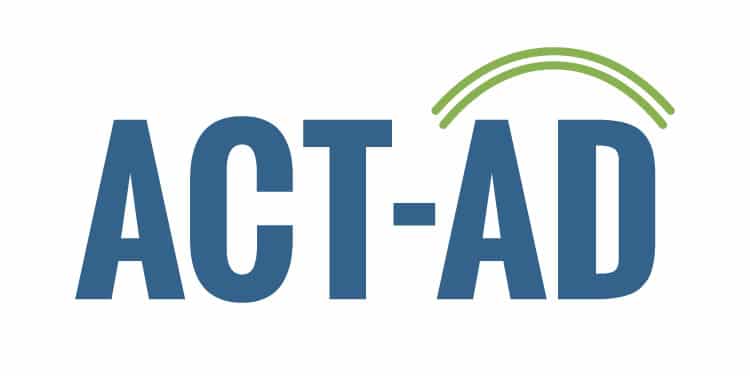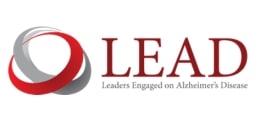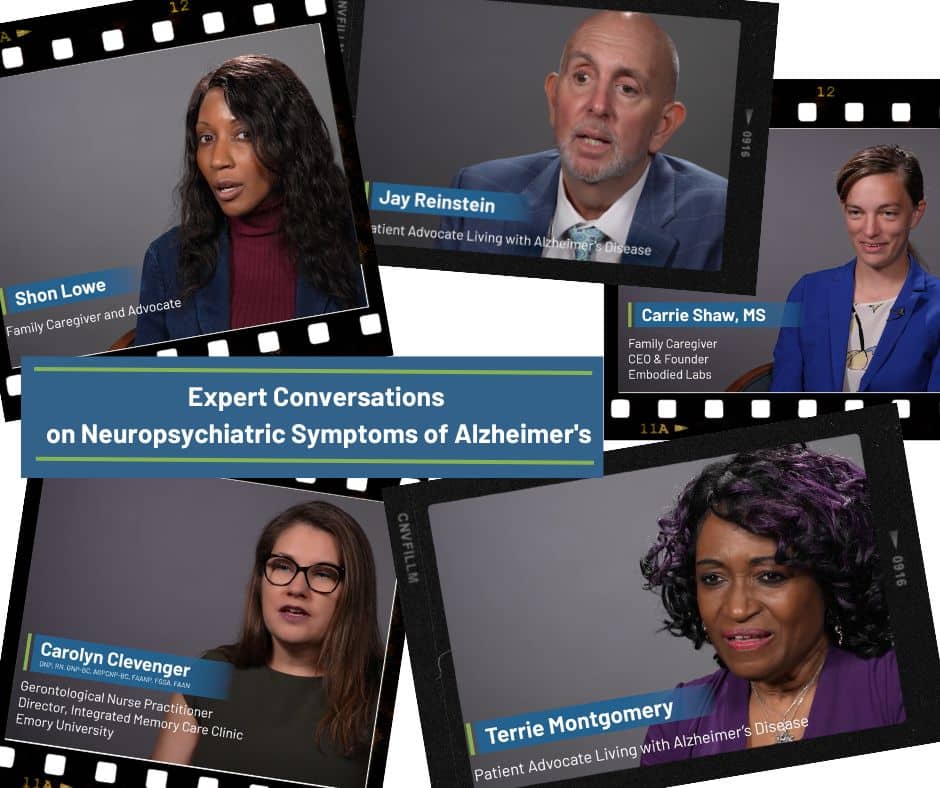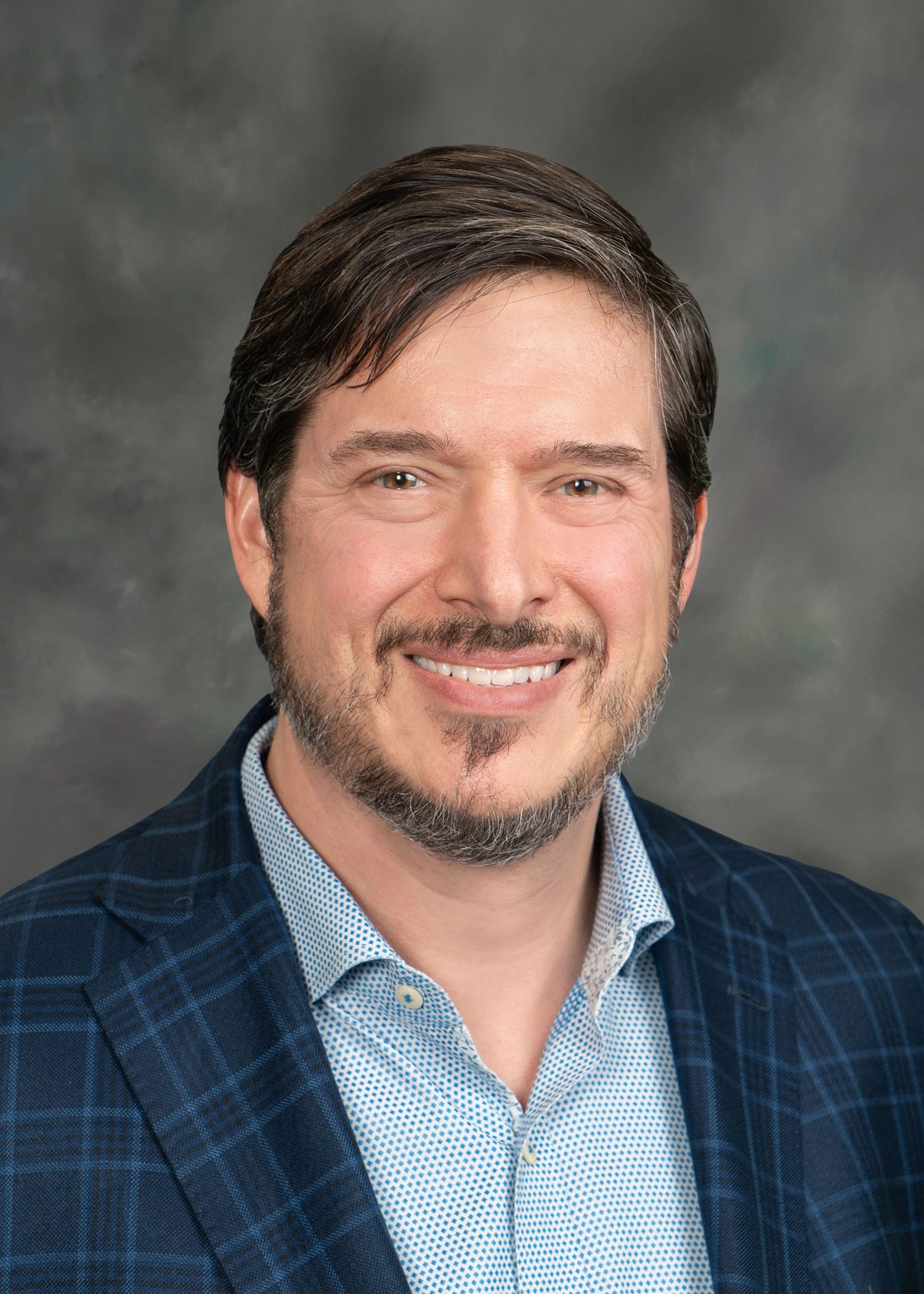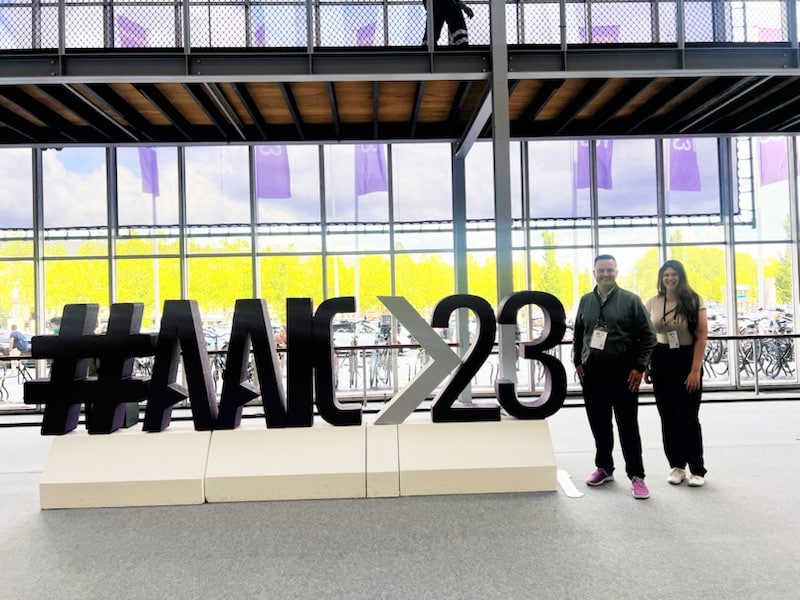- Alzheimer’s Disease and Related Dementias
- Antimicrobial Resistance
- Appropriations
- Cardiovascular Disease
- Care Innovation and Access
- Clinical Trials
- COVID-19
- Family Caregiving
- Health Equity
- Healthy Aging
- Home Health and Community-Based Services
- Medicaid
- Medicare
- Mental Health
- Nursing Home and Post-hospital Care
- Nutrition
- Persistent Pain
- Prescription Drug Affordability
- Quality and Outcomes
- Research Funding
- Sarcopenia and Mobility
- Telehealth
- Vaccination
- Value Assessment and Pricing
- Vision Loss
Alzheimer’s Disease and Related Dementias
Dementia is a general term to describe a person experiencing memory loss, language and problem solving difficulties, and other cognitive decline that negatively impacts their life. Alzheimer’s disease is the most common form of dementia, affecting an estimated 6.2 million Americans over 65. Other forms of dementia include Dementia with Lewy Bodies (DLB), Parkinson’s Disease Dementia, Vascular Dementia, Frontotemporal Dementia (FTD), and Huntington’s Disease. Dementia is not a normal part of aging, though it primarily impacts older adults.
Unfortunately, there is currently no cure for dementia. But there are treatments available to alleviate and manage the symptoms of dementia, such as behavioral changes and anxiety. Accordingly, we must have a healthcare system that provides adequate care and support for people living with dementia and their families.
If you want to learn more about dementia research and clinical trials, we encourage you to visit Alzheimers.gov’s clinical trial finder page. The webpage provides resources for helping patients better understand clinical research and identify trials for which participation may be appropriate.
The Alliance for Aging Research works on several projects to address current obstacles in the lack of treatments for dementia and adequate care for this patient group.
ACT-AD
Founded in 2005, the Accelerate Cure/Treatments for All Dementias (ACT-AD) Coalition is a group of more than 50 national nonprofit organizations, chaired by the Alliance for Aging Research, urgently working to speed up the development of potential cures and more effective treatments for all dementias.
Project PAUSE
Project PAUSE (Psychoactive Appropriate Use for Safety and Effectiveness) is an ad hoc coalition of national patient and professional organizations collectively addressing long-term care clinical regulatory and legislative issues. Project PAUSE provides educational opportunities for policymakers and the public on practical solutions to improve clinical care in long-term care settings and improve the diagnosis and management of neuropsychiatric symptoms (NPS) of dementia.
Videos on Alzheimer’s Disease and Related Dementias

Webinar: Financing the Cure: Exploring the Ecosystem of Alzheimer’s Disease Research Funding
The Accelerate Cures/Treatments for All Dementias (ACT-AD) held a webinar on July 13, 2021 for an in-depth…
more.
Webinar: Research and Clinical Development in Lewy Body Dementia
On December 7, 2020, ACT-AD held a webinar on cutting-edge research on Lewy Body dementia (LBD). The webinar…
more.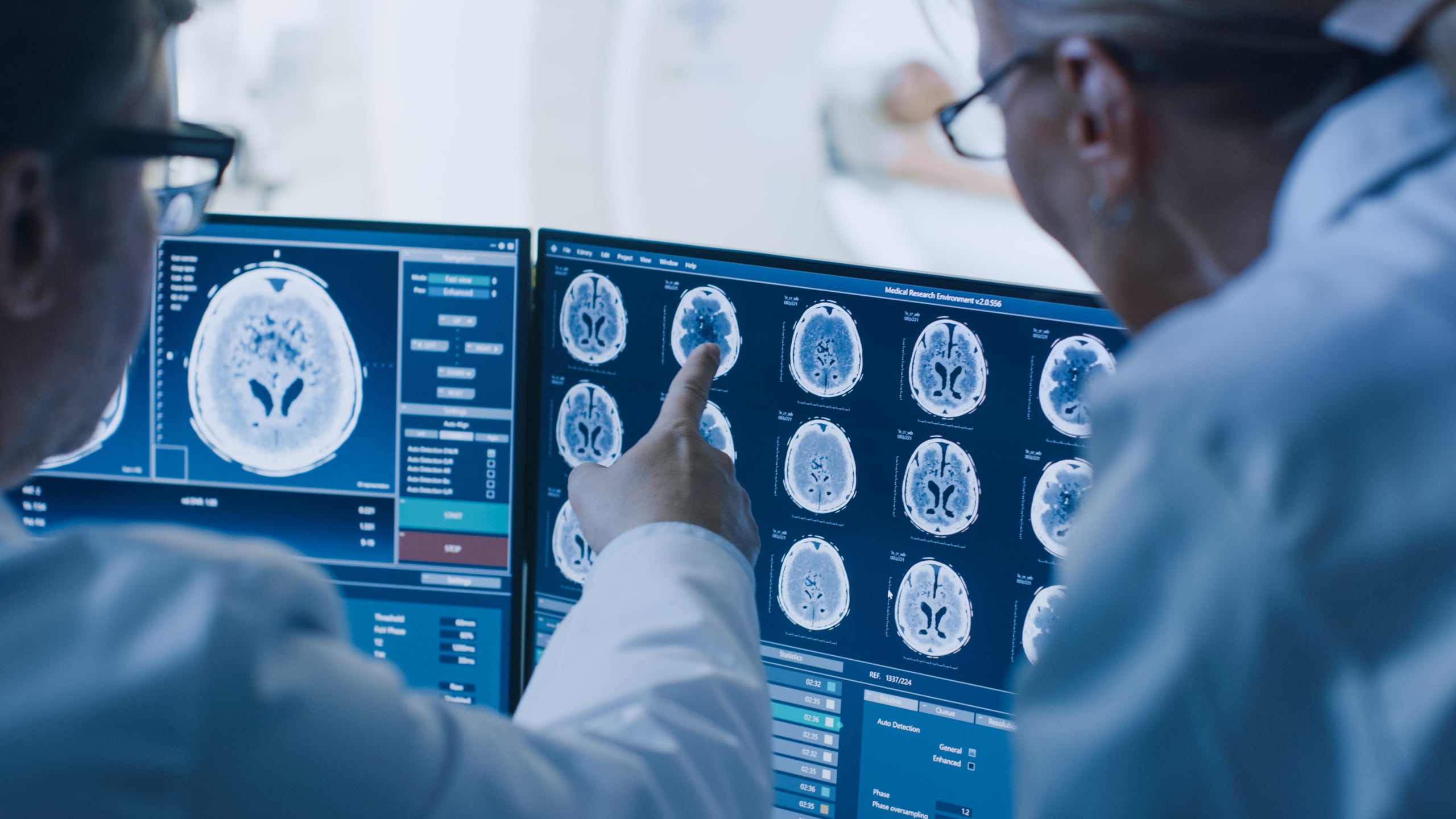
Webinar: The Emerging Antimicrobial Protection Hypothesis of Alzheimer’s Disease
The Accelerate Cure/Treatments for Alzheimer’s Disease (ACT-AD) Coalition held an educational webinar on April 18, 2019 on…
more.The Healthy Aging Blog on Alzheimer’s Disease and Related Dementias
This is Growing Old
- 69: Navigating Neuropsychiatric Symptoms with Terrie Montgomery
- 63: Exploring Brain Donation with Tish Hevel
- 56: It Takes Two: Living With Early Stages Alzheimer’s Disease
- 39: Living with Early Onset Alzheimer’s Disease: Patient Advocate Jay Reinstein Shares his Story
- 30: UsAgainstAlzheimer’s Chairman and Co-Founder George Vradenburg
News and Updates on Alzheimer’s Disease and Related Dementias
Alzheimer’s Disease Initiative
Alzheimer’s Disease Policy Task Force
The Alzheimer’s Disease Policy Task Force is an ad hoc coalition of patient, family caregiver, and professional organizations, working collectively to organize and educate the Alzheimer’s disease community and decisionmakers on the Food & Drug Administration’s (FDA) Accelerated Approval pathway, and the Centers for Medicare & Medicaid Services’ (CMS) coverage determination processes for amyloid-targeted monoclonal antibody therapies for the treatment of Alzheimer’s disease.
Living Longer and Loving It
Sign up for our monthly e-mail newsletter for the latest information on
scientific research on aging and health.

The Alliance for Aging Research is a proud recipient of Candid’s Platinum Seal of Transparency.

The Alliance for Aging Research is proud to be rated a 4-star charity by Charity Navigator.
Ways to Give
There are many ways you can help accelerate the pace of scientific discoveries and their application to vastly improve the universal human experience of aging and health:

